Geology 101
Unearth the Past, Rock Your Future

8 Hours average completion time
0.8 CEUs
13 Lessons
22 Exams & Assignments
46 Discussions
13 Videos
13 Reference Files
59 Articles
Mobile Friendly
Last Updated January 2026
Geology: Unraveling Earth's Secrets
Geology is an intricate tapestry that weaves the tale of our world and the universe beyond. This branch of science delves deep into understanding the Earth's composition, structure, and the processes that have shaped it over billions of years.
In the modern age, our everyday lives are profoundly intertwined with geology. Take a moment and think of the house you live in, the roads you traverse, or even the device you're using to read this. The raw materials for these structures and devices-be it stone, metal, or minerals-are products of geological processes. For example, the gold used in electronics doesn't just appear; it's the result of millennia of geological transformations and modern-day mining techniques.
But geology isn't just about identifying rocks or pinpointing where the next big gold deposit might be. It's about understanding the intricate relationships and interactions among Earth's systems. Such knowledge allows us to predict natural disasters, find new sources of energy, and even understand climate change better. When we harness this knowledge, we can make informed decisions to ensure a sustainable future, minimizing the adverse effects of our actions on the environment.
Furthermore, the significance of geology isn't confined to professionals directly involved in earth sciences. Civil engineers rely on geological surveys to ensure the ground they build upon is stable. Architects need to understand local stone types to design structures that blend with or stand out from their surroundings. Urban planners, government officials, and investors often turn to geologists for insights into land use and natural resource management.
This comprehensive course offers a journey through the vast landscape of geology, touching upon its many facets. Here's a brief overview of what you can expect:
- Introduction: Dive into the fundamental concepts of geology and understand its importance in our daily lives.
- Geology History: Explore the milestones in the evolution of geology as a science.
- Fossils and Earth History - Geologic Time: Time travel through Earth's history, marked by significant geological and biological events.
- Fossils and Earth History - The Eons and Eras: Delve deeper into specific time periods and the life forms that dominated them.
- Rock Types: Understand the classification of rocks and how they play an integral role in Earth's crust.
- Geomagnetism: Discover the Earth's magnetic field and its relevance in geology.
- Plate Tectonics: Uncover the dynamic movements of Earth's plates and the creation of mountains, earthquakes, and volcanoes.
- Recycling and Renewal: Examine the processes that regenerate and transform our planet.
- Erosion: Learn about the forces that wear down and reshape the Earth's surface.
- Rock, Mineral, and Rock Cycle: A deep dive into the continuous cycle of rock formation, breakdown, and reformation.
- Rocks and Minerals: Identify and classify the countless minerals that make up the Earth's crust.
- Gemstones and Mining: Venture into the sparkling world of gemstones and the intricacies of mining.
- Conclusion: Reflect on the knowledge gained and the journey you've undertaken.
Each lesson is accompanied by relevant assignments, examinations, and netlinks, ensuring a holistic learning experience. As we traverse through the course, you'll not only gain theoretical knowledge but also develop a newfound appreciation for the world beneath your feet.
Join us on this enlightening journey and gain a deeper, more profound understanding of the planet we call home. Whether you're a budding geologist, a curious student, or someone looking to gain more knowledge about the world around you, this course offers a world of discovery waiting to be unearthed.
- Developing sustainable mining and gemstone extraction methods
- Understanding rock types and formations
- Analyzing Earth's history through geological timescales
- Predicting natural disasters using geological insights
- Mapping tectonic movements and interactions
- Classifying and identifying minerals
- Investigating erosion processes and effects
- Integrating geology and cultural heritage in geotourism
- Extracting scientific insights from ancient climates
- Exploring the Earth's magnetic phenomena
- Applying geology to sustainable resource management
-
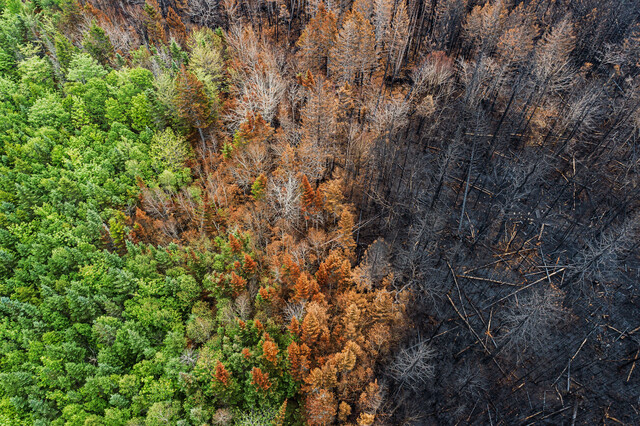
Climate Change
-
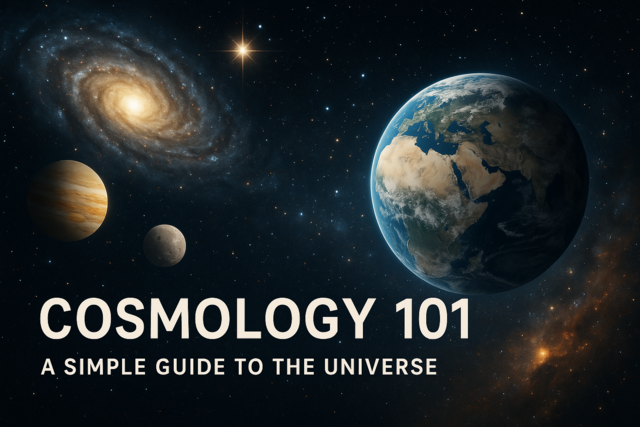
Cosmology 101: A Simple Guide to the Universe
-
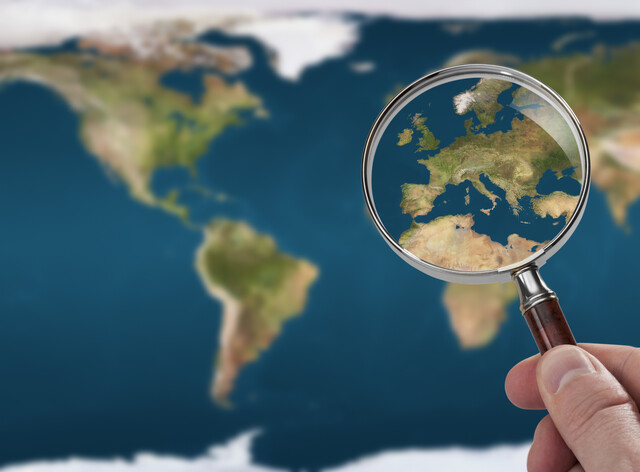
Geography 101
-

Anatomy and Physiology 101
-
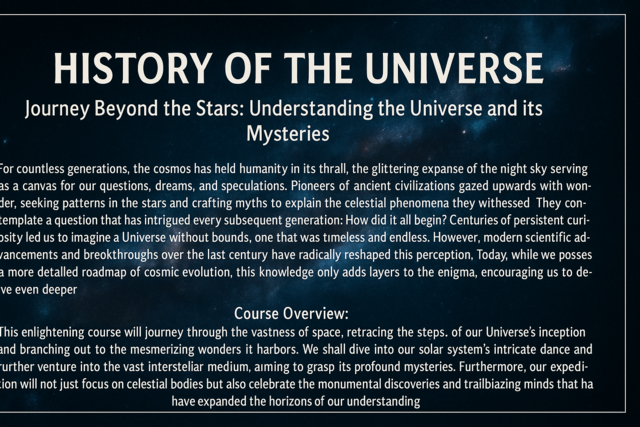
History of the Universe
-
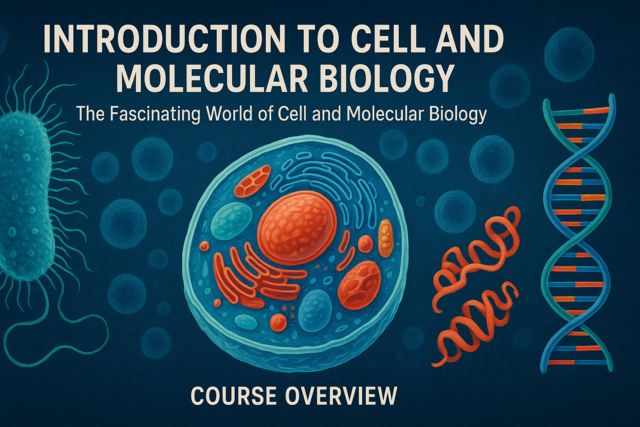
Introduction to Cell and Molecular Biology
-
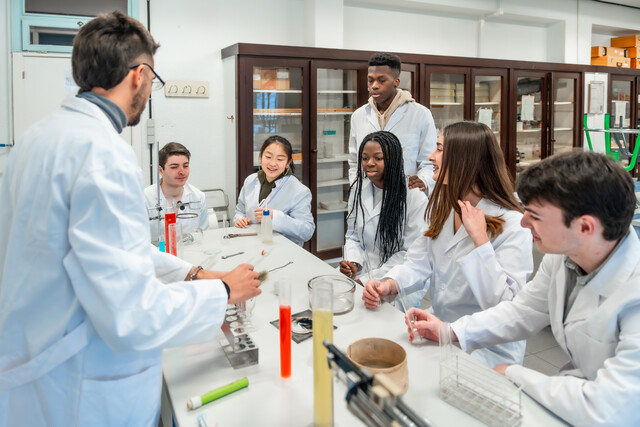
The World of Chemistry: From Atoms to Answers
-

Microbiology Mastery: Unlocking the Foundations of Life
-

Meteorology Fundamentals
-

The Power of Ecology: Shaping a Sustainable Future
-
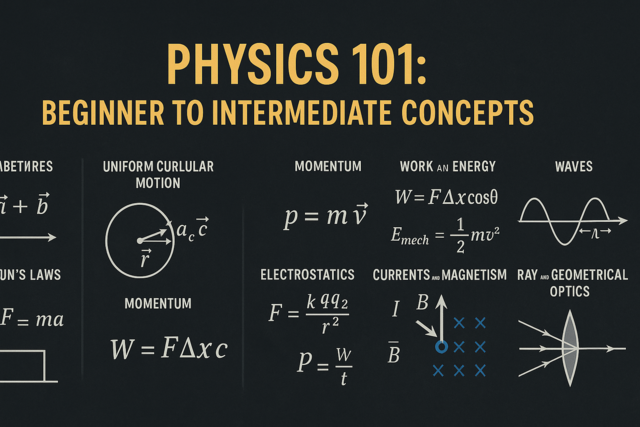
Physics 101: Beginner to Intermediate Concepts
-

Marine Biology 101
-

Biology 360: From Molecules to Ecosystems